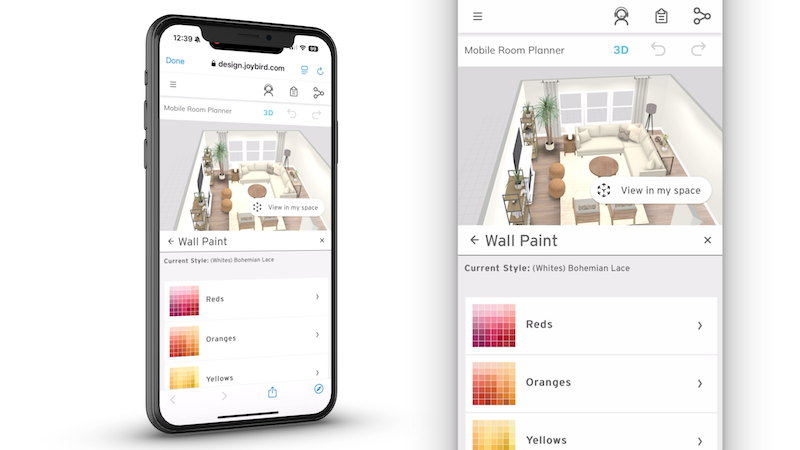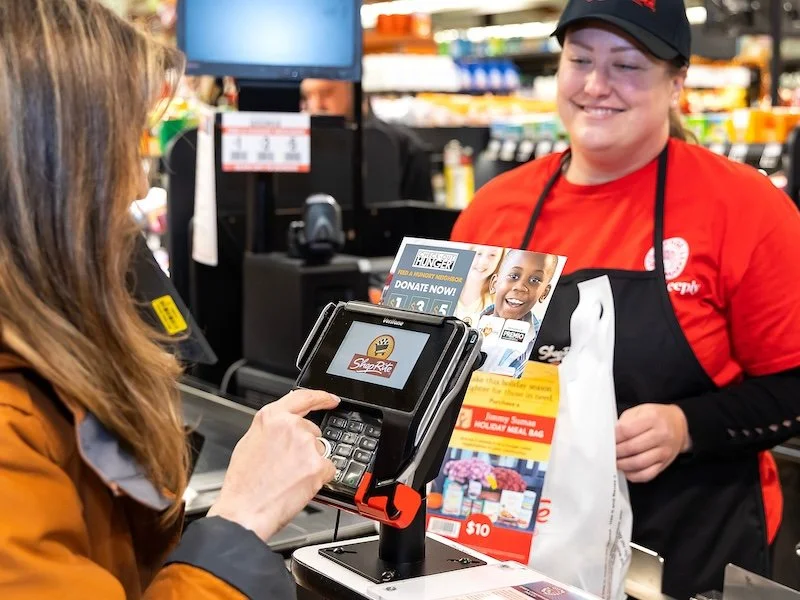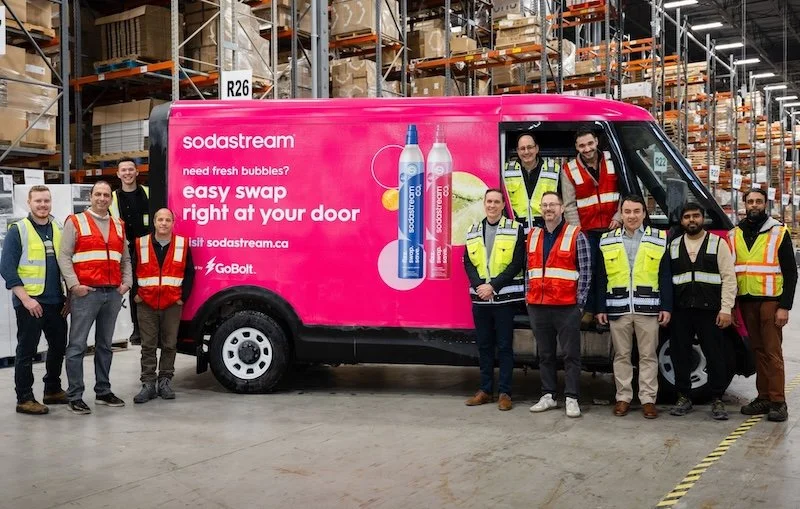Q&A: Dan Bladen, Co-Founder and CEO, Chargifi
You can’t move these days for cool tech startups disrupting sectors like retail and banking. Enter Chargifi, a new entrant with a difference. It is not disrupting a market, it is creating one, Co-Founder and CEO, Dan Bladen, tells RTIH.
RTIH: Tell us about Chargifi.
DB: Chargifi is doing to charging what Wi-Fi did for internet connectivity. Our business is about cutting the cord to power to remove the final barrier to true mobility. We’re helping people get power where and when they need it.
We build foundational technology that transforms the way the world manages, monitors and monetises power, working with global brands, including Grand Hyatt and Pret a Manger. It functions via a cloud-management platform that enables the mass deployment of wireless charging. Our patented Internet of Things (IoT) platform covers ‘cloud-connected’ wireless charging for smartphones, through to electric vehicles and drones.
RTIH: What was the inspiration behind setting the company up?
DB: The idea for the business came about when my wife and I were travelling the world a few years ago. We realised that much of our movement was dependent on where we could get a decent Wi-Fi connection, yet we still constantly struggled to keep our devices charged.
When we returned, my friend and Cofounder, Charlie Cannell and I got together to address the issue. We talked about how we might be able to give venues like coffee shops, bars, hotels and airports the ability to offer customers a wireless charging service while gaining valuable insight into their customers’ behaviour.
RTIH: What has been the industry reaction thus far?
DB: We are seeing a creative and rapid uptake from the industry as businesses increasingly recognise the ROI opportunity with this technology. The world is going electric and electric is going wireless – this is a monumental shift. As a society, we have never been more reliant upon power for our phones and vehicles than we are today. The appetite for wireless power can be seen today in the electric vehicle market with the BMW charging pad and Tesla’s plans for internal wireless integration.
This is translating through to our business. We have recently announced a £5 million funding round led by Accelerated Digital Ventures(ADV), with other investors including Hewlett Packard Enterprise (HPE) and firstminute capital. A huge focus of that funding is the deployment and integration of wireless power in the retail and hospitality sectors – building on our existing partner relationships.
We’re seeing positive results in the field too; one of our global hotel brand clients has recently reported a 64% increase in customer spend at its bar area. For retailers the potential for increased customer spend is even greater. We have seen Chargifi’s positive impact on increased footfall and its ability to create a seamless customer experience in-store.
Our research indicates that 58% of smartphone users typically run out of battery before 5pm but when you can charge your device at a retail store then you don’t have to rush home to connect to your charger - and you are certainly going to choose to shop with the brand that provides this service over one that does not.
If a brand has a chain of locations then our platform helps to manage and monitor charging hotspots in real-time, and our self-healing technology can fix hotspots remotely. This reduces the need for expensive servicing, and ensures customers enjoy a pain-free wireless charging experience. In fact, the average charging session on the Chargifi network is 43 minutes and 17 seconds offering the opportunity to engage with customers whilst they are in your location – sharing special deals and push notifications to create a personalised experience that also acts as a loyalty system.
RTIH: What has been your biggest challenge/setback?
DB: Most new companies disrupt existing markets. Uber disrupted the taxi business, Monzo is disrupting the banking world. Companies disrupting existing markets generally do not need to prove ‘the market’ to potential investors but with Chargifi, and specifically the wireless charging market, we’re not disrupting a market, we’re creating one.
So there’s an education about the market that needs to happen: how it is going to develop over the coming years and our place inside of that market. It can be challenging and not all investors are comfortable with this. In the end, we were able to partner with investors that are adding not just capital but also a huge amount of value in terms of strategic alignment.
RTIH: What are the biggest challenges facing the omnichannel retail sector right now
DB: The race for consumer loyalty and engagement is front of mind for all retail businesses, particularly with the added challenges presented by newly implemented GDPR regulations. There is also a shift for retail stores from being just a marketplace, to an 'experiential' space, adding to pressures to create a point of difference that will ensure footfall and a seamless experience for your target customers. Personalisation and convenience will be key to achieving this.
Convenient wireless power will be key for businesses to support this truly mobile experience at an individualised level. Not just in terms of meeting the need to charge, but also to manage wireless power at scale and as a gateway to store services when customers are on site. Data provided via wireless charging can pinpoint the exact sitting location of any customer in relation to a retail store’s layout, in a way that Wi-Fi and beacons cannot, due to accuracy limitations.
RTIH: What's the best question about your company or the market asked of you recently by:
a.) an investor?
“What does true scale look like - is it one billion wireless charging transmitters deployed across the world?” This was a difficult question to answer exactly, but the main thing the investor wanted to see was the size of our ambition. They also wanted to see how our business model evolved as the market matured. In answer, we explained our belief that a software defined wireless charging experience was the only way to deliver true scale and, looking back in history, it has been the software platforms on top of new technologies that have seen the best return on investment.
b.) a customer?
A customer recently said of themselves; “We’re so large, we often kill our suppliers; how do we make sure this doesn’t happen to Chargifi?” Often it can be difficult for large brands to trust young companies in new industries. Fortunately, we’re in a position to be able to point to our industry leading platform that is built for scale, as well as globally recognised technology investors such as Intel and Hewlett Packard Enterprise who are behind us on our scaling journey so brands can partner with us in great confidence.
RTIH: What can we expect to see from Chargifi over the next 12 months?
DB: Our recent investment will enable the company to accelerate sales and marketing, and international growth across US and Asian markets at a time when the demand for wireless power is on the rise. We expect to double our headcount over the next year, scale Chargifi globally, and gather feedback from partners/customers to continue to build a better, smarter wireless charging product.
This year alone we have announced a number of MSP and reseller partners who have several major clients in the retail sector, as part of our wider expansion into new markets. This is just another step that will see us continue to deploy across office spaces, universities, airport lounges and the hospitality industry on a much grander scale, just a few of the industries and spaces we are now in the process of deploying in. Chargifi is already deployed in over 21 countries, the next few years are going to be about seeing that number grow across the globe.










Continue reading…